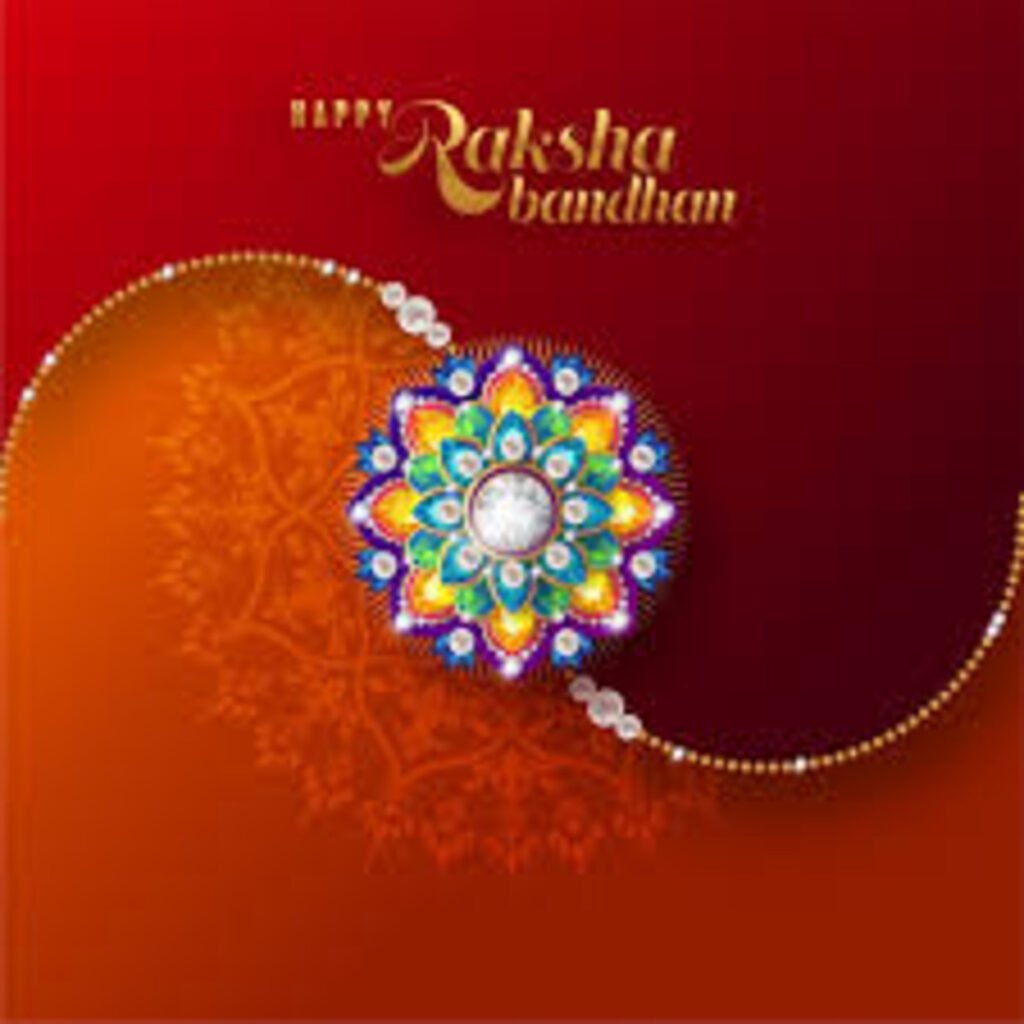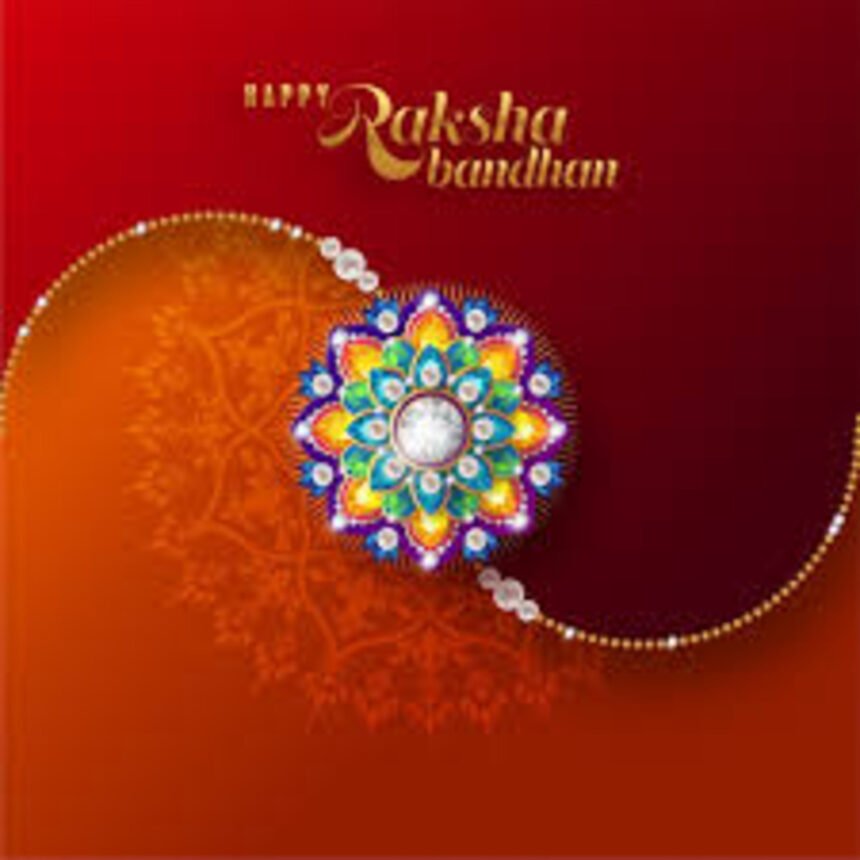August 30, 2023
Introduction

In a world marked by its relentless pace, where relationships often take a back seat, the festival of Raksha Bandhan stands as a timeless reminder of the enduring bond between siblings. Celebrated with great enthusiasm across India and various parts of the world, Raksha Bandhan holds a deep significance that transcends mere rituals. This article delves into the rich tapestry of this festival, exploring its history, traditions, and enduring importance in modern times.
Historical Roots and Traditions:
Raksha Bandhan, which translates to “the bond of protection,” has its origins in ancient Indian mythology and history. One of the most iconic stories associated with Raksha Bandhan is that of Queen Karnavati and Emperor Humayun. Facing an impending threat, Karnavati sent a rakhi (a protective thread) to Humayun, seeking his help. Touched by the gesture, Humayun rushed to her aid. This tale reflects the essence of the festival – the promise of protection and support between siblings.
Symbolism and Rituals:
The central ritual of Raksha Bandhan involves the sister tying a colorful thread around her brother’s wrist, while the brother, in turn, pledges to protect and support his sister. Beyond this symbolic gesture lies a deeper meaning – the affirmation of love, care, and a lifelong promise to stand by each other’s side. The exchange of gifts, sweets, and heartfelt emotions further intensifies the festive spirit.
Modern Relevance:
In today’s fast-paced world, where geographical distances and busy lifestyles often keep families apart, Raksha Bandhan serves as a bridge that reconnects siblings. It’s a day to pause, reflect, and express gratitude for the shared journey of life. The festival’s significance extends beyond biological siblings, encompassing cousins, close friends, and even neighbours who have grown up as siblings.
Gender-Inclusive Celebration:
As society evolves, Raksha Bandhan is embracing inclusivity. The festival isn’t confined to the brother-sister relationship; rather, it celebrates the concept of protection and support among all genders. Sisters tie rakhis to brothers, and brothers tie “rakhi bracelets” to sisters, transcending traditional gender roles and emphasising the importance of mutual care.
Preserving Tradition in Changing Times:
While modernization and globalisation impact cultural practices, Raksha Bandhan remains resilient. Technological advancements have made it possible for siblings separated by miles to celebrate virtually, bridging the gap in a digital embrace. E-commerce platforms offer a wide range of rakhis and gifts, making the festival accessible to those in far-flung corners of the world.
In conclusion,
Raksha Bandhan is more than just a festival; it’s a reaffirmation of the indelible bond shared by siblings. Its significance endures through time, acting as a reminder that amidst life’s challenges, the promise of protection and support remains unbreakable. As the threads of rakhi are tied, they weave together a story of love, companionship, and the cherished ties that bind us all.






